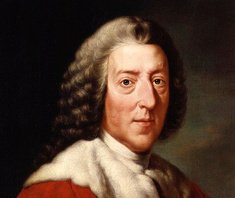Featured Quizzes
User Quizzes
Create Quiz
Data and Charts
Badges and Games
About JetPunk
JetPunk Shop
Dark Mode

Prime Ministers of the UK
How many people can you name who have served as Prime Minister of the United Kingdom?
Since the 1707 Acts of Union
Rate:
Featured Quiz
Last updated: October 26, 2022
You have not attempted this quiz yet.
More quiz info >>
| First submitted | August 17, 2011 |
| Times taken | 320,499 |
| Average score | 40.4% |
| Rating | 4.93 |
7:00
Enter Prime Minister's name here:
0
/ 57 guessed
Time Used
00:00
Best Time
00:00
The quiz is paused. You have remaining.
Scoring
You scored / = %
This beats or equals
% of test takers
also scored 100%
The average score is
Your high score is
Your fastest time is
Keep scrolling down for answers and more stats ...
|
|
New and Popular
Save Your Progress
Copyright H Brothers Inc, 2008–2024
Contact Us | Go To Top | View Mobile Site

54, stumbled as I began to type Boozy's name and ran out of time. First time I've managed to remember all the early nineteenth century aristos, doubt if I'll achieve that again :-/
Most Americans only know three
I AM NOT MOST AMERICANS!
(I am not even American, am 1/2 Filipino 1/2 Chinese)
However, helping me brush up on my history.
The only one that I forgot was Balfour, so not a bad first attempt.
Thanks for your time and effort in creating this quiz.
But essentially all those people only referred to by them being the Duke of Witherchestershirehamington or whatever I had no clue about.
But come on, people like Sir Robert Walpole, John Major and Clement Attlee are really not that hard to recall, are they? ^^
Does that :D even look like a smiley face?